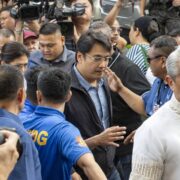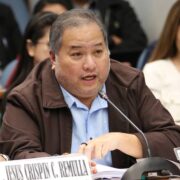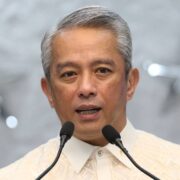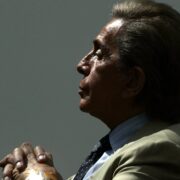Is student activism on the wane in UP Diliman?
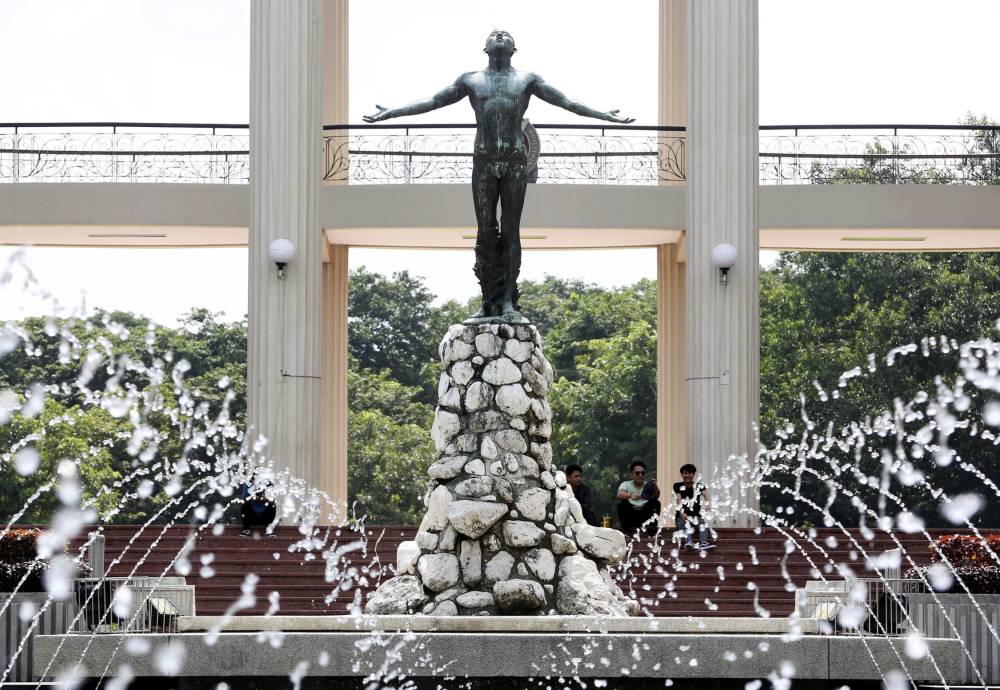
“Abstain” votes have dominated in the two elections held this year for University Student Council (USC) leaders on the University of the Philippines (UP) main campus in Diliman, Quezon City, for many years the bastion of student activism.
UP journalism professor Danilo Arao called the situation “very concerning” as he cited controversies hounding some of the candidates and the “downward spiral” of campus activism as factors for the low turnout.
“To achieve … the resurgence of the student movement, it would have to take a lot of selfless sacrifice on the part of the student leaders that we have right now,” Arao told the Inquirer.
The USC general elections were first held in May but all of the candidates lost to abstain votes, leading to special elections in October. This time, of the 14 available positions, only four were filled—chair, vice chair and two councilors—leaving an understaffed USC for the rest of the academic year.
‘Highest voter turnout’
The Philippine Collegian, UP Diliman’s official student publication, reported that the special elections had a turnout of 37.13 percent, describing it as the highest since 2021.
Independent candidate Sean Latorre, former USC vice chair and a fifth-year film student, secured 3,747 votes, a narrow win from the 3,670 abstentions. His opponent, Andrew Ronquillo, came in third with 2,342 votes.
Latorre’s running mate, Franz Beltran, received 3,136 votes, defeating Therese Jan Mangussad (2,928), and the votes to abstain (2,390).
For councilor, only two won: Kristian Martin Mendoza (4,225 votes) and Joaquin Buenaflor (3,495 votes) as the three other candidates lost to abstain votes.
For newly elected USC chair Latorre, the results should be considered a message from the student community on the lack of confidence in candidates. It was also a sign of “decreasing student participation” that must be addressed, he said.
Controversy
Some students, on the other, linked the results to allegations of abuse and sexual harassment hounding some candidates, prompting the USC to announce the formation of a fact-finding committee “to oversee evidence-gathering and facilitate communication with all involved parties.”
Other voters, meanwhile, said that other factors that affected their choices were the candidates’ stand on campus commercialization and militarization.
Inquirer columnist and UP professor emeritus Randy David also commented on the USC polls, particularly on the low turnout this year compared to previous ones. “Student elections in UP in the past were seen as central to the formation of the political consciousness of the UP student. That they have lost their past luster can only mean a lack of interest in politics in general. This is tragic,” he said.
Raymond Palatino, USC chair from 2000 to 2001, suggested that a university-wide consultation and review be conducted “to undertake necessary reforms.”
“Generations of student leaders have bravely fought for the establishment of an independent USC; it was reclaimed even during the martial law years,” said the former Kabataan party list representative and current Bagong Alyansang Makabayan secretary general.





